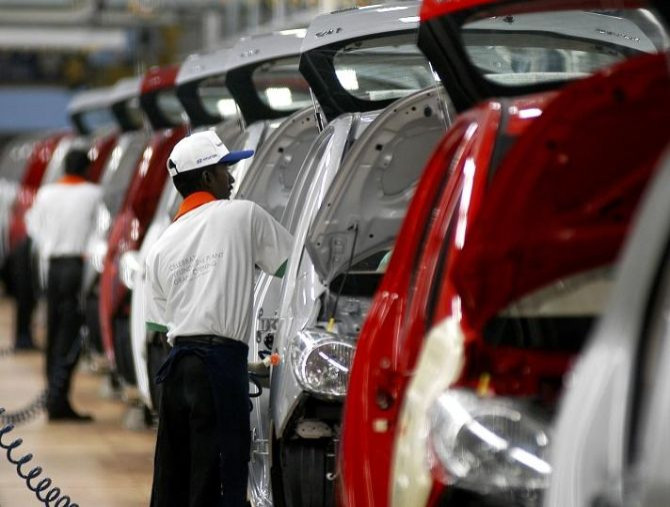Carnegie Think Tank: Globalization Increases Domestic Inequality

Just like the globalization of goods and finance markets, the labor market may also become open to competition from all corners of the world especially in light of the unemployment rate, according to a review by Carnegie Endowment for International Peace, a nonprofit organization and global think tank.
“Nowhere does globalization strike greater fear than in the hearts of manufacturing workers,” the organization said in an analysis co-written by Uri Dadush and William Shaw.
Globalization is not intricately tied to outsourcing and imports that have and will continue to destroy jobs and depress wages, and for 30 years U.S. wages, like many other advanced countries, have remained the same. The reason for the stagnant wages is because of low-wage developing exporters like China, they write.
The authors said that the labor market is obviously not globally integrated like other markets, and if it was then workers from developing and developed countries would make the same amount of money. However, workers are still competing for the same jobs, which would explain why wages for workers in developing nations have been going up quicker than in developed countries.
According to an analysis using data from the US Bureau of Labor Statistics from 2008, a Chinese laborer earned about one-twentieth the wages of a US manufacturing worker and a sixth of a Mexican laborer.
Obviously increased international integration of labor markets reallocates labor resource more efficiently according to comparative advantage, but globalization of labor increases inequality between unskilled and skilled workers as average wages stay stagnant, according to the review.
The organization proposes that the government enact policies to protect workers in advanced countries who are increasingly becoming a victim to globalization. Governments should also protect workers, who are unemployed or injured.
Government should also provide more social assistance that reflects broader social needs and recipient needs, like making support for the poor dependent on sending girls to school rather than building schools and making attendance mandatory.
“The labor challenge facing advanced countries, despite their wealth still mired in high unemployment in the wake of the global financial crisis, is more daunting. Wages there have long grown at a snail’s pace and, with income inequality rising, a large part of their labor force is seeing little or no advance in living standards,” the authors said.



























